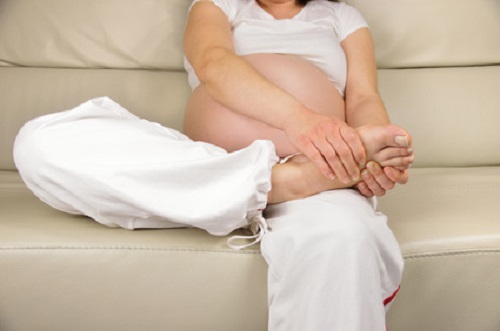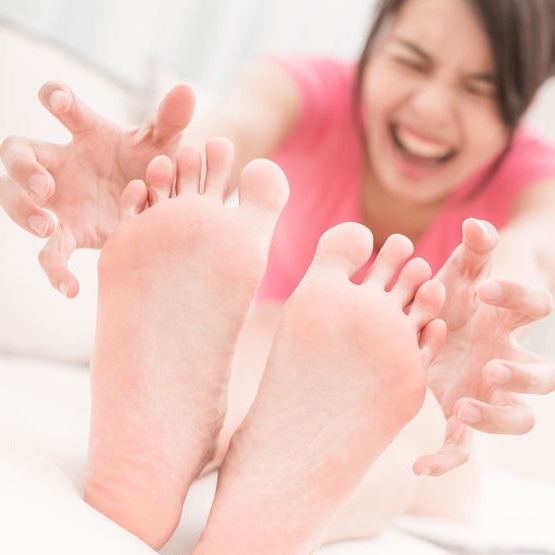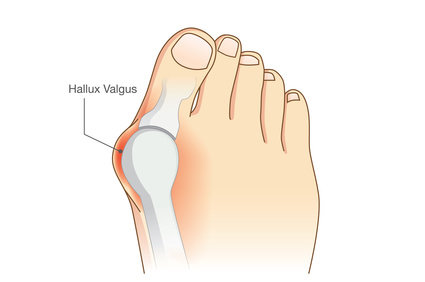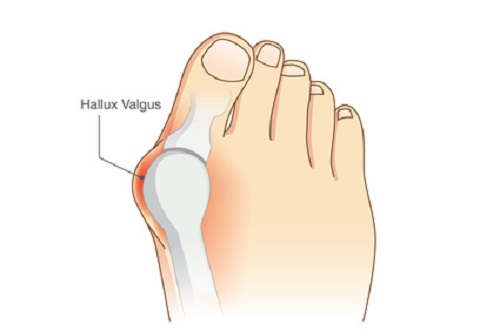How Pregnancy Affects the Feet
Ask any pregnant women you know and they will tell you, pregnancy affects the feet. Not only are your hormones out of whack and your emotions all over the place, but there are many physical changes that occur as well. Due to the weight gain and altered weight distribution and posture of a pregnant woman, the feet are often the source of much discomfort and pain during pregnancy. Let’s take a deeper look at some common foot and leg problems that occur during pregnancy and how to treat and prevent them.
Edema (Oedema)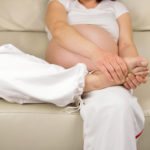
One of the most common ways pregnancy affects the feet is seen in swelling of the feet, otherwise known as edema. The edema, depending on the degree, may make wearing your existing shoes impossible- just not enough space. Squeezing into them will cause pain and potential damage. Many women experience in-grown toenails. A consequence of the swelling and pressure from the shoes. This is why many women choose sandals/open unsupportive footwear or go barefoot. Sometimes the lack of supportive footwear causes pronation and subsequent arch/heel pain. Getting new (larger) shoes may sound drastic but it may be the only way… After the baby is born there is often an increase in the size of the feet for a few months – even after the edema has subsided, you will be glad that you invested in the larger shoes.
Over-Pronation during pregnancy
Another one of the common foot and leg problems experienced by pregnant women is over-pronation or flattening of the arches in the feet. Because of the excessive weight gain the feet are often stressed and tend to roll in while women walk on them. Over time this causes the arches to flatten out and can even stretch the plantar fascia to the point where plantar fasciitis is developed. Pregnant women should know that some flattening of the feet is very common and normal during pregnancy, but too much flattening can lead to severe pain, and even inhibit walking. Combined with edema, over-pronation can cause pregnant women to be rendered completely prone during their pregnancy, which in turn does nothing to help resolve the pain and swelling.
Prevention and Treatment of Foot Pain
While a certain amount of edema is often unavoidable during pregnancy, there are quite a few steps pregnant women can take to reduce the swelling in their feet and legs, and prevent the arches of their feet from flattening out to the point of plantar fasciitis. Some of these measures include;
-
Wearing the correct foot support
Walking is often limited during the later stages of pregnancy due to foot pain, but with the correct supportive footwear, pregnant women can regain some of the mobility they may have lost. Footwear that features supportive insoles and a roomy, comfortable design can go a long way in reducing the amount of foot pain that women feel during pregnancy. Sufficient arch support is obviously vital when it comes to choosing the correct footwear as well.
-
Exercise
It may seem counter-intuitive for a pregnant woman to move around a lot during pregnancy if she is already experiencing foot and leg problems relating to edema and over-pronation, but this is not actually the case. While excessive walking or jogging will definitely cause more irritation than it is worth, there are other form or exercise that are extremely beneficial to a pregnant woman looking to reduce her swelling and overall level of foot pain. Exercises like swimming or riding an elliptical machine put very minimal stress on the feet but allow blood flow to circulate more evenly throughout the body, rather than pooling in the feet and legs. It also helps to get a sweat going in order to sweat out as much excess fluid as possible. Short sauna session can be very beneficial for pregnant women, provided they do not overdo it.
-
Proper hydration
This again might not seem like a good idea if excess fluid is the problem, but drinking plenty of water can actually help to flush out excess fluid. Avoid eating salty foods and drinking too much coffee as these can make your body retain a lot of extra fluid.
-
Stand as little as possible
The more you stand upright, the more likely your blood is to pool in your feet and causes pain and swelling. Limit your standing time as much as possible when pregnant.
Pregnancy Affects the Feet, but it Doesn’t Have to Cripple You
Pregnant women will almost always experience some common foot and leg problems, especially in the latter stages of pregnancy. With the correct preventative measures and proper hydration and exercise, as well as supportive footwear, you can limit your foot pain to an amount that doesn’t drastically interfere with your life. By following the tips in the article you can circumvent the ways that pregnancy affects the feet, and achieve a much happier and healthier pregnancy than you might have thought possible.

